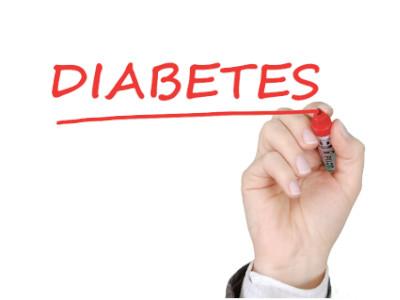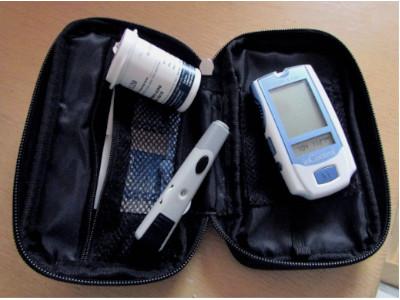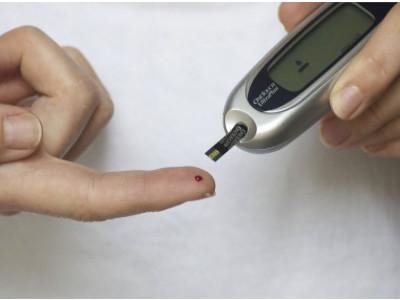
- Published on 07-Mar-2022
- 0 Likes
- 0 Comments
- 617 Times Read
Type 1 diabetes
Results from the body's failure to produce insulin, the hormone that unlocks the cells of the body, allowing glucose to enter and fuel them. It is estimated that 5-10% of Americans who are diagnosed with diabetes have type 1 diabetes.
Having type 1 diabetes increases your risk for many serious complications. Some complications of type 1 diabetes include: heart disease (cardiovascular disease), blindness (retinopathy), nerve damage (neuropathy), and kidney damage (nephropathy).
Type 2 diabetes
Results from insulin resistance (a condition in which the body fails to properly use insulin), combined with relative insulin deficiency. Most Americans who are diagnosed with diabetes have type 2 diabetes.
Having type 2 diabetes increases your risk for many serious complications. Some complications of type 2 diabetes include: heart disease (cardiovascular disease), blindness (retinopathy), nerve damage (neuropathy), and kidney damage (nephropathy). Learn more about these complications and how to cope with them.
Gestational diabetes
Gestational diabetes affects about 4% of all pregnant women - about 135,000 cases in the United States each year.
Because gestational diabetes can hurt you and your baby, you need to start treatment quickly. Treatment for gestational diabetes aims to keep blood glucose levels equal to those of pregnant women who don't have gestational diabetes. Treatment for gestational diabetes always includes special meal plans and scheduled physical activity. It may also include daily blood glucose testing and insulin injections. You will need help from your doctor, nurse educator, and other members of your health care team so that your treatment for gestational diabetes can be changed as needed.
For the mother-to-be, treatment for gestational diabetes helps lower the risk of a cesarean section birth that very large babies may require. Sticking with your treatment for gestational diabetes will give you a healthy pregnancy and birth, and may help your baby avoid future poor health. (see Diabetes Symptoms)
Pre-diabetes
Pre-diabetes is a condition that occurs when a person's blood glucose levels are higher than normal but not high enough for a diagnosis of type 2 diabetes. but without lifestyle changes, adults and children with prediabetes are more likely to develop type 2 diabetes.
Eating healthy foods, making physical activity part of your daily routine and staying at a healthy weight can help bring your blood sugar level back to normal.




0 Comments